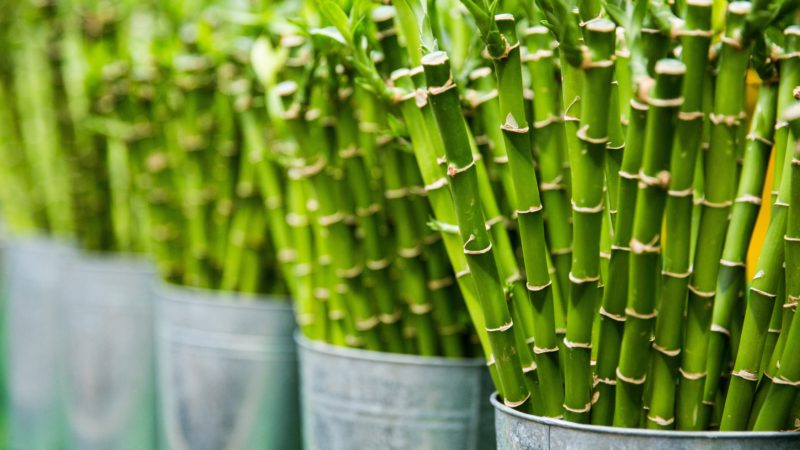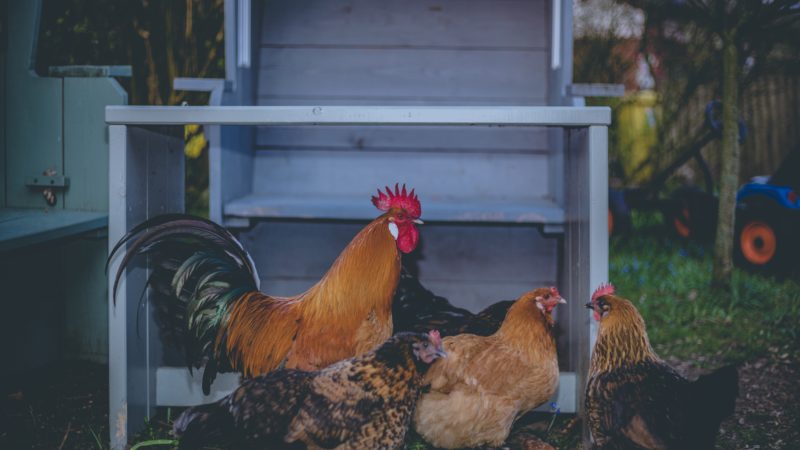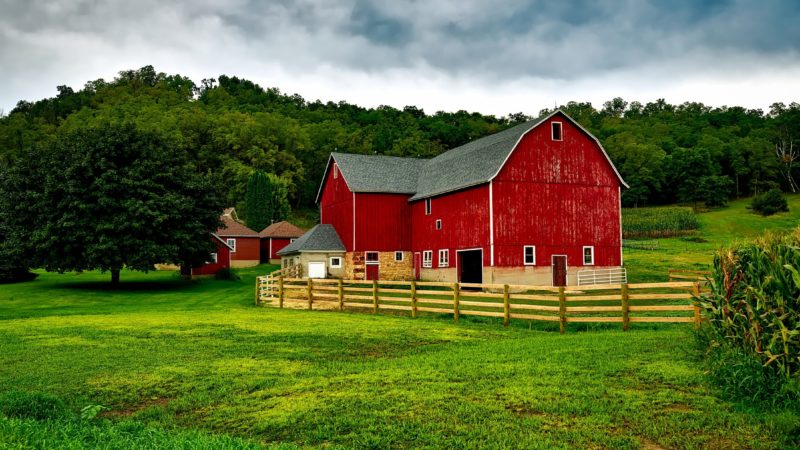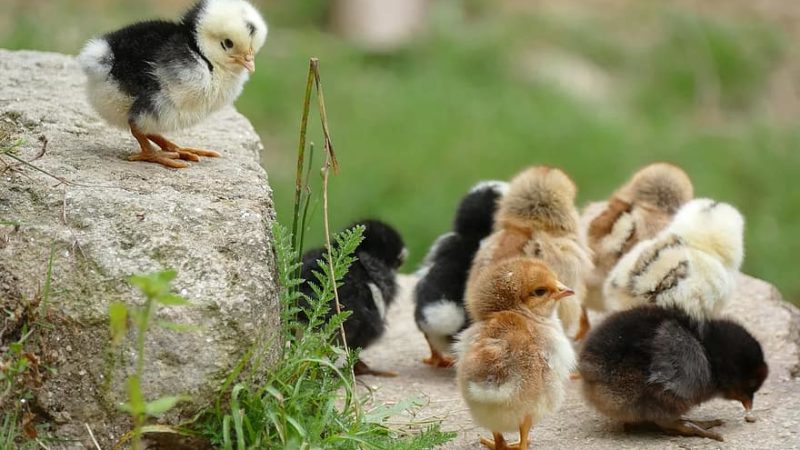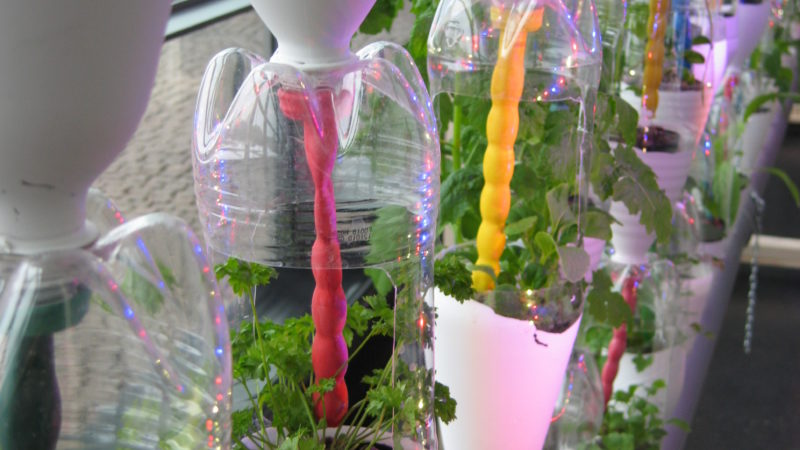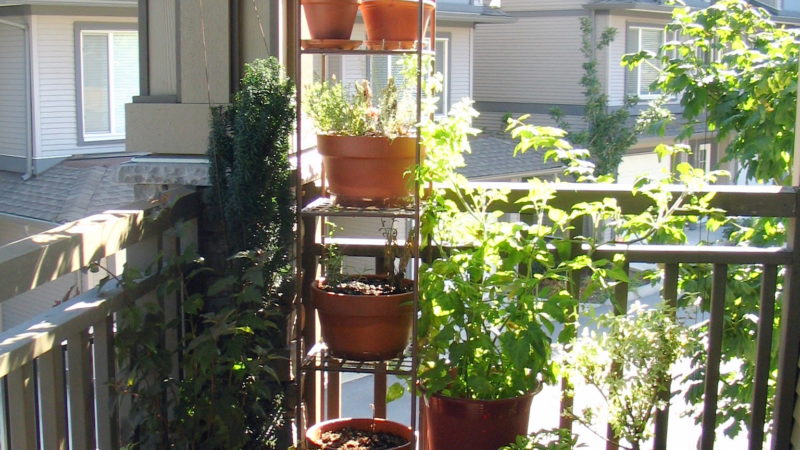How to Start a Homestead? – Guide for Beginners
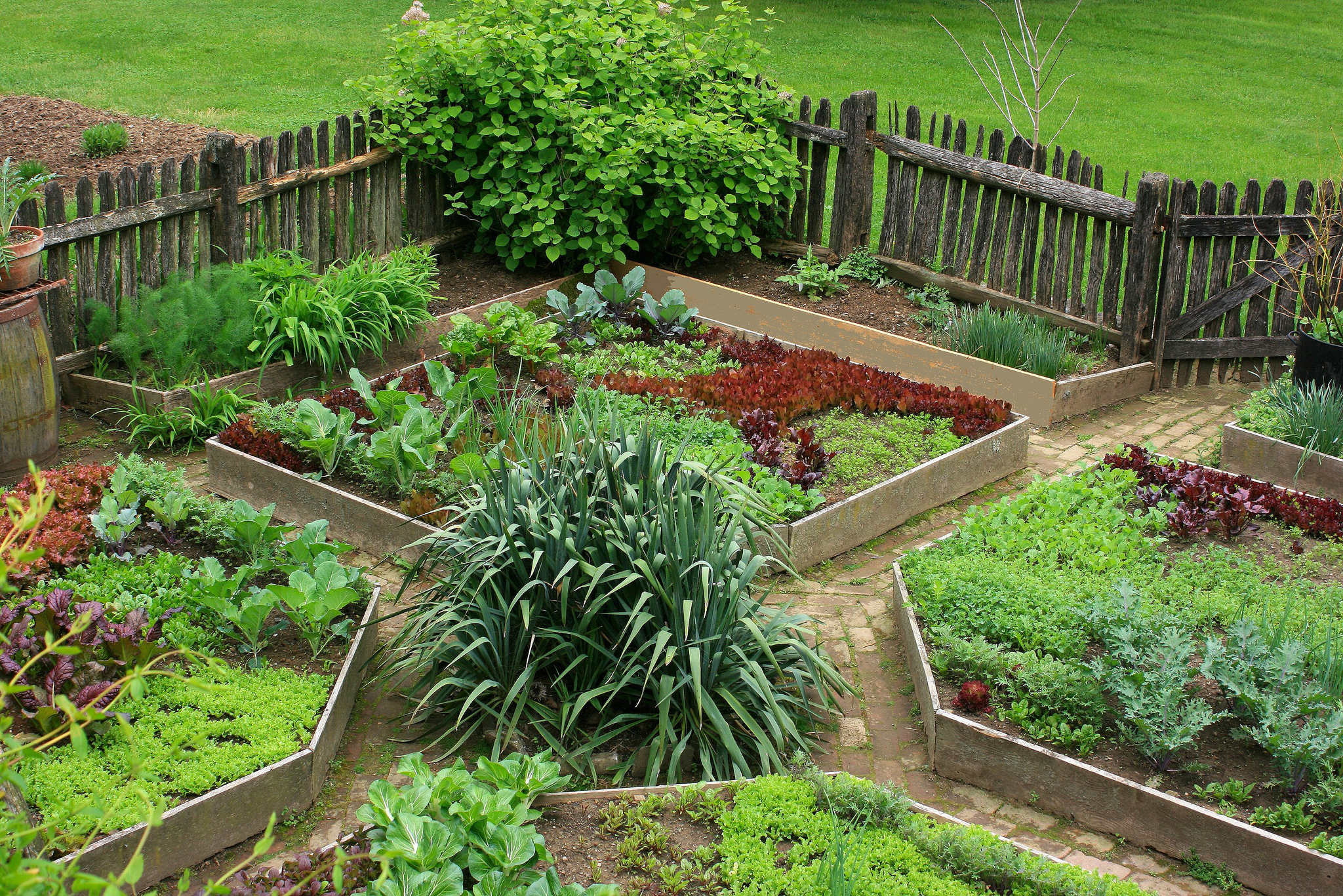
You have been thinking about homesteading for a long time, but don’t know where to start? Relax! We are here to help you. Here is an article with a discussion on homesteading for beginners.
If the concept of owning a lang and being self-sufficient seems appealing to you, then homesteading is exactly what you are looking for.
Many people think of homesteading, but they actually don’t know what homesteading is? How to start it? Before you begin homesteading, it is better to get appropriate information about it.
If you do not know anything about farming, owning land, and going off-grid for energy, then this article intends to demystify homesteading for you.
What is Homesteading?
How do I start homesteading? Before knowing the answer to this question, let’s have a look at what homesteading is?
The broadest definition of homesteading is living a lifestyle in which you are committed to self-sufficiency. It can include growing and preserving food, making your own clothes, and even providing your own electricity. Anything that you can do to enhance self-sufficiency live closer to nature, and cut costs can lead you in the right direction.
For many people, the prime aspect of homestead includes owning their land, doing small-scale farming with the intent to be self-sufficient, or limiting their reliability on outside sources.
Though homesteading is typically applicable to farms, you can also become an urban homesteader by practicing urban agriculture, frugal lifestyle, and practicing techniques of self-sustainability.
Homesteading for Beginners
Homesteading guides you towards green living, which helps in lowering the footprint. It can be hard to figure out where to start; here is all you need to know about how to start a homestead.
Define Priorities
Before you start to homestead, it is essential to define the priorities. There are many aspects to homesteading: growing your own food, producing your own energy, and raising animals are some bigger goals that most people aspire to have.
You can practice homesteading and follow a sustainable lifestyle by moving to the country or selling your land. You can start homesteading even in urban settings. You can start a vegetable garden, start a vegetable garden, and get a few backyard chickens. However, first of all, you need to decide your priorities and set your goals.
- Do you want to live completely off-grid, partially off-grid, or on-grid?
- Do you want to have fruit trees, raise livestock, or other things that would need more land?
- Do you intend to reduce your carbon footprint?
Once you decide your priorities, you will make better decisions and know your next steps.
Research
Before you proceed further or start a small project, it is better to do proper research about homesteading skills. Read different books about homesteading, or you can also surf the internet. Opt for reading books like The Encyclopedia of Country Living or The Weekend Homesteader. These books are a great place to begin. You can also subscribe to farm magazines to have a deep understanding of homesteading.
Identify the Property
Once you do proper research and identify your priorities, the next step is to decide where you want to live. Your goals will help you in deciding the size of the property that you would need. If you want to do homesteading as a hobby, then you can opt to have a property in a semi-rural or urban environment.
If you want to do homesteading as a full-time job, you would require sufficient space to grow fruits and vegetables and your livestock. In addition to defining how much land you would need, you also need to set parameters on the areas where you want to live. Like you want to live completely outside the town, or are you okay with an ultra-remote area?
Make sure to choose a land that suits your homestead life. Some factors that you need to consider during the planning stage:
- Land Safety – You do not want to live at a place that is prone to drought. It will cause issues if you are growing your own food. You would not want to live near oil fracking sites or other sites that can cause potential health hazards.
- Water Access – Does the area that you have chosen has nearby rivers, ponds, or lakes? Is there any well on the property? Appropriate access to water is essential for homesteading.
- Community – Community is as essential as the land you are planning to buy. You will need to make a network with people present in your area. If the people near the land have different political or religious views, then it might be difficult for you to survive.
- School – If you have kids in your family, you need to see any school nearby. If not, then you might need to homeschool the kids.
Make a Budget
Having an appropriate and thought-out budget is essential for homesteading, especially if you plan to give up your job to become completely self-sufficient.
If you are planning to purchase a property or land, then do not use all your savings. Otherwise, you would not have any money left for improvements, equipment, renovations, or other essential things.
If you are quitting on adopting a self-sufficient lifestyle, you need to think of some idea to create income sources for yourself. You will have to pay property taxes, internet or phone bill, and for potential utilities.
It is a good idea to have different sources of income from your homestead. You can try to sell milk products, wool, extra produce, or handmade crafts.
Make Homesteading Friends
Homesteading is related to people who are not very sociable or hermits. However. The truth is that homesteads are friendly and interested to share what they know with people who are eager to know about homesteading.
It is a good idea to have a homesteading friend who is experienced and can help you if you have any concerns or questions at any stage along the way. An experienced friend has a better idea about growing conditions, weather, laws, and other useful information that you would require.
Networking with homesteaders is also beneficial from a material perspective. If you have too many eggs and your friend has grown too many peppers that you can easily barter for what you need.
Start Small
Turning your entire property into a garden or farm in the first year can make you overwhelmed, burned out, and discouraged. Gardens look beautiful and simple on paper, but it is difficult to maintain them. You can also start by setting a small farm. Do proper research on how to start a small farm in order to get a proper idea about it.
In the beginning, gardening does not have to be expensive. All you need is a few dollars for some seeds, Water, sun, and dirt are really all you need to begin. You can start a vegetable garden from scratch. If you do not have a garden, sign up for a community garden or borrow a bit of land from a neighbor or friend.
It is better to start with a small garden and then see how it goes. In the beginning, set a goal to spend at least 15 minutes in the garden. It will help you in learning how a garden changes. It will also prove beneficial to introduce gardening in your everyday routine. Expand your plans as you get successful with your small garden.
Continually Simply Your Living
Homesteading often goes with minimalism and having a frugal lifestyle. The most essential part of this is getting out of the cycle of purchasing trendy clothes, greatest phones, and other things that can suck your money and do not actually offer much value. Homesteaders usually find better and cheaper ways to do something.
You need to take an audit of your life regularly and see what things are draining your energy, time, money, and finding ways to reduce or eliminate these things from your life. For instance, if you are continuously doing physical activities on your homestead hours, you can cancel your gym membership.
Learn to Preserve
There are different ways to preserve food, but this concept is becoming a dying art. Using food preservation skills like freezing, canning, cold storage, pickling, smoking, or dehydrating can help you in cutting down your overall food costs.
If growing fruits and vegetables is a part of your homestead, then learning ways to preserve them is a must for you. You are likely to have more fun by the end of the season, and preserving it is a good idea. If you do not preserve it, then it will end up going to waste.
In case you do not grow food, leaning to preserve food will help you to buy food in the season when it is most ripe, cheapest, and then you can continue consuming it all year round.
Compost
Gardening and composting go hand in hand. If you can not use fertilizer, after completing your first year of composting, you will get nutrient-rich soil. It does not require much effort to throw food scraps, chicken manure, leaves, and extra plant matter into the compost. Let everything decompose, and you will have excellent soil to put back your garden.
Learn to Sew
While you are working on the homestead, you are likely to wear your clothing while you are tending to your livestock or vegetables. Normally, if you get a rip in your jeans, you could throw it and buy a new pair. However, being homestead refers to being more sustainable. In homesteading, you need to repair your clothes and get years or at least months out of them.
A sewing machine can make things easier for you, but it is not essential. Using a needle and thread can also hem and repair clothes to make them last longer.
Final Words
The popularity of homesteading is growing year over year, and many people consider it as an ideal lifestyle. If you want to follow a green lifestyle and become self-sufficient, the above-mentioned tips on homesteading for beginners might be beneficial for you.
Homesteading is a way of life and mindset; you do not have to necessarily live on a farm or out of the town to get started. Buy gradually simplifying your life and becoming more self-sufficient, you can move towards your aim of a homesteader.

